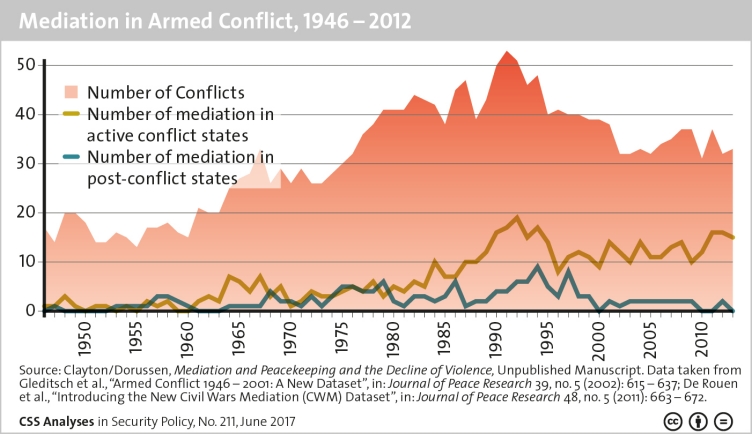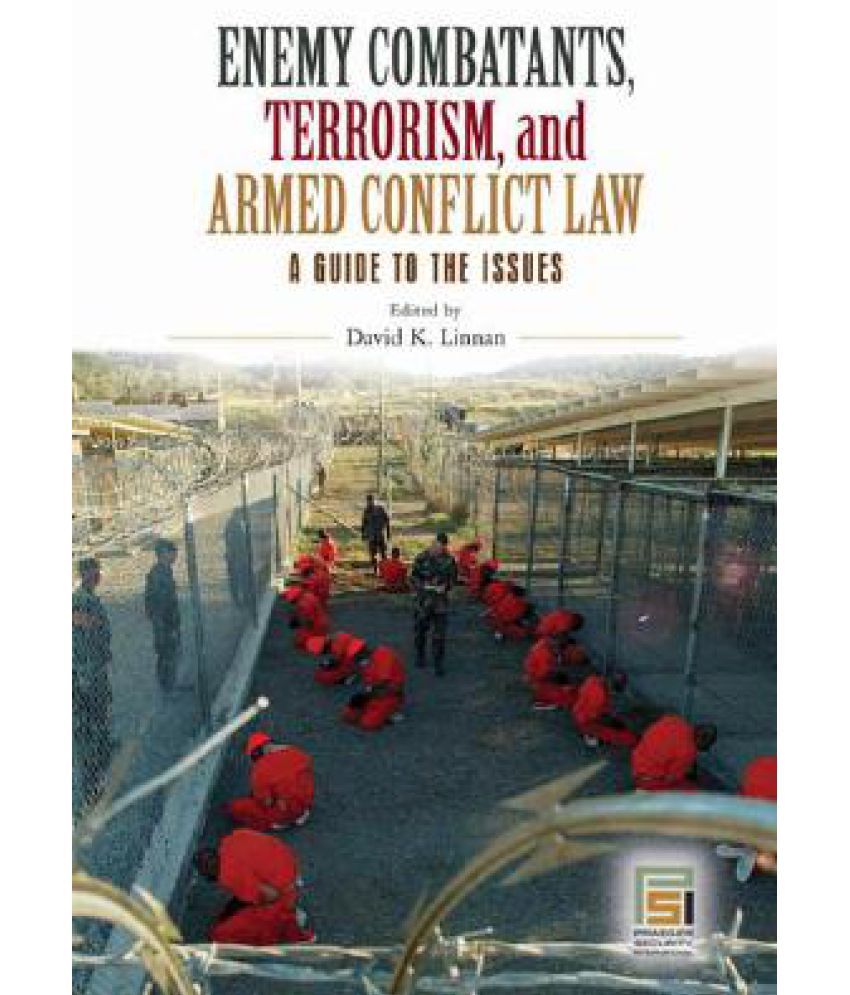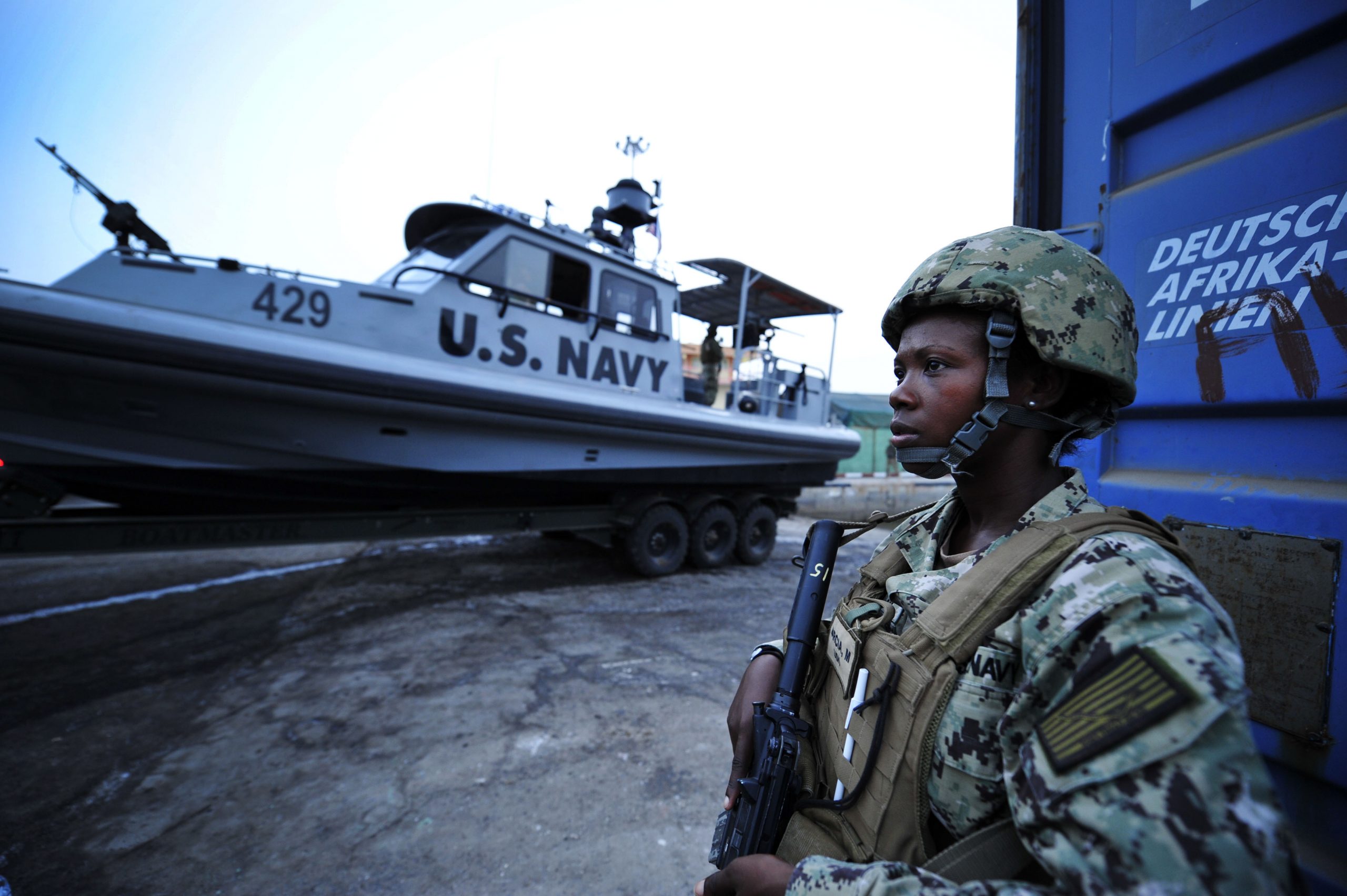
According to Muheyati’s eldest brother, Muheyati was also subjected to ill-treatment while held in an internment camp between 2018 and early 2019. In December 2020, Muheyati’s eldest brother was told by a trusted source that his father had died in detention, probably because of torture or ill-treatment he endured while detained. Muheyati’s eldest brother, now living in Kazakhstan and interviewed by Amnesty International, believes that their detention was linked to the activism of his father who exposed the death of an ethnic Kazakh in an internment camp in Xinjiang. Muheyati was arrested around mid-March 2018 and sent to an internment camp together with his mother, Weilina Muhatai, his younger brother Parisati Haliyoula and his father, Haliyoula Tuerxun. This includes the full report as well as detailed information about more than 120 cases of missing or detained persons.

This website presents the evidence gathered by Amnesty’s investigation. People living abroad are often unable to obtain information about family members in Xinjiang who are missing and presumed to be detained.

It prevents millions of people living in Xinjiang from communicating freely about the situation and denies journalists and investigators meaningful access to the region.

Moreover, the government has devoted tremendous resources to concealing the truth about its actions. Large numbers of people are still arbitrarily detained in Xinjiang. The evidence Amnesty International has gathered provides a factual basis for the conclusion that the Chinese government has committed at least the following crimes against humanity: imprisonment, torture, and persecution. The report provides the most comprehensive account ever of life inside the internment camps. On 10 June Amnesty published a report based on new first-hand testimonies gathered from former detainees of the internment camps and other people who were present in Xinjiang after 2017, as well as from an analysis of satellite imagery and data. The internment camp system is part of a larger campaign of subjugation and forced assimilation of ethnic minorities in Xinjiang.įrom late 2019 to mid 2021, Amnesty International has been investigating these abuses.

Huge numbers of men and women from predominantly Muslim ethnic groups have been arbitrarily detained and sent to internment camps or prison. Since 2017, the government of China has carried out massive and systematic abuses against Muslims living in the Xinjiang Uyghur Autonomous Region (Xinjiang).


 0 kommentar(er)
0 kommentar(er)
